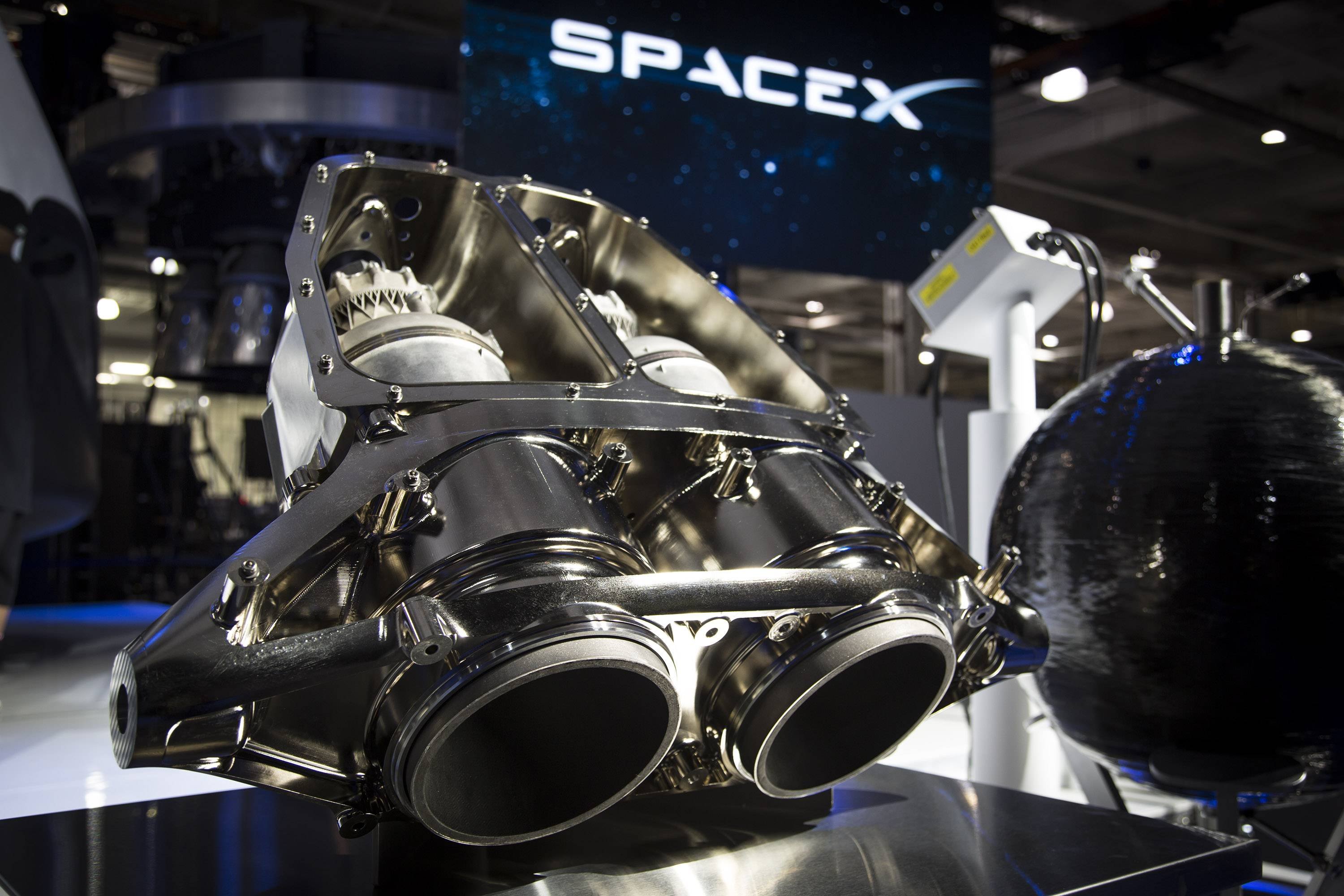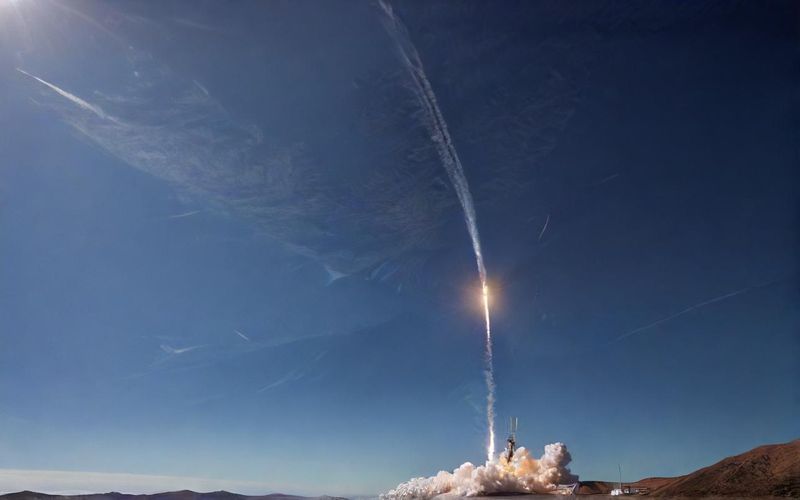SpaceX Launches 28 More Starlink Satellites Tonight

CAPE CANAVERAL, Fla. – SpaceX is preparing for another Starlink launch, scheduled for Thursday, April 24, at 9:52 p.m. EDT from Cape Canaveral Space Force Station's Space Launch Complex 40. This mission, designated Starlink 6-74, will deploy 28 Starlink V2 Mini satellites into low-Earth orbit. A Falcon 9 rocket, utilizing booster B1069 for its 23rd flight, will propel the satellites. This booster has previously supported missions including CRS-24, Eutelsat Hotbird 13F, and 18 Starlink deployments.
Following stage separation, approximately eight and a half minutes after liftoff, B1069 will attempt a landing on the SpaceX droneship "A Shortfall of Gravitas" in the Atlantic Ocean. This would mark the 105th landing for this droneship and the 435th overall SpaceX booster landing. Satellite deployment is anticipated one hour and five minutes into the flight. The launch trajectory will be south-easterly.
Weather conditions appear favorable, with the 45th Weather Squadron forecasting a greater than 95 percent chance of favorable weather during the launch window, which extends until 2:03 a.m. EDT on Friday. Live coverage will be available from various sources, including Spaceflight Now approximately one hour prior to liftoff and FOX 35 News via livestream.
This launch comes on the heels of a busy period for SpaceX, including a Falcon Heavy launch on Tuesday carrying 24 research and weather observation spacecraft for the U.S. Air Force, a successful Falcon 9 launch sending cargo to the International Space Station, and a rideshare mission for small satellites. Additionally, SpaceX recently expanded Starlink internet service to Saint Vincent and the Grenadines. The company also announced upcoming Starship test flight plans.
This mission underscores SpaceX's ongoing efforts to expand its Starlink satellite internet constellation, providing global broadband access. The use of the V2 Mini satellites, described as lighter-weight and optimized, suggests ongoing advancements in SpaceX's satellite technology.









